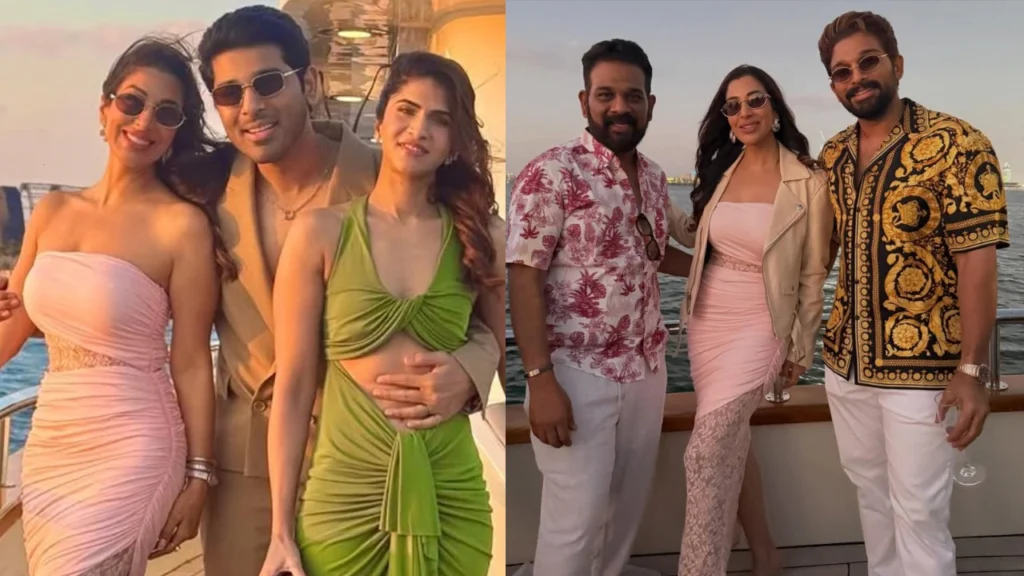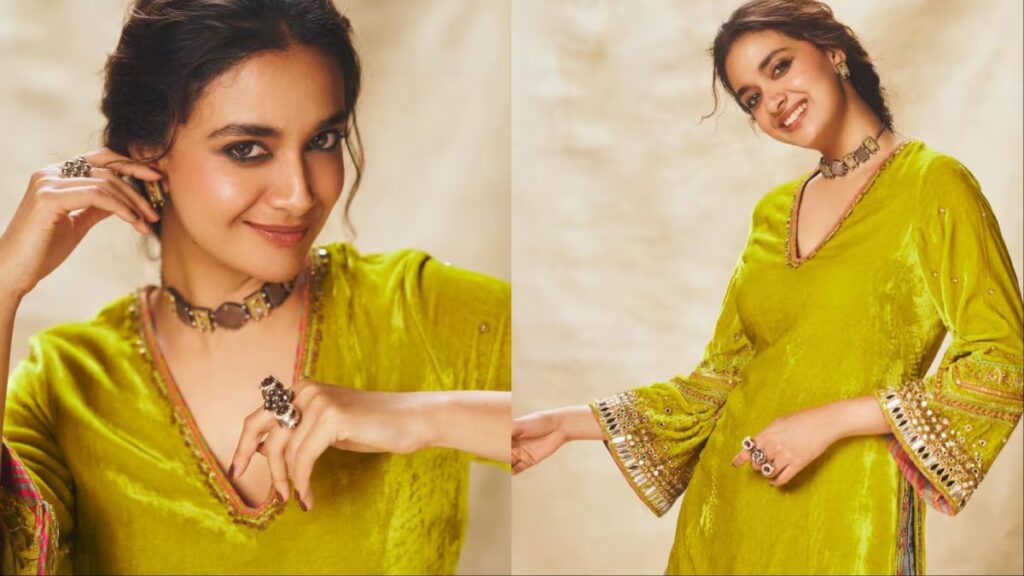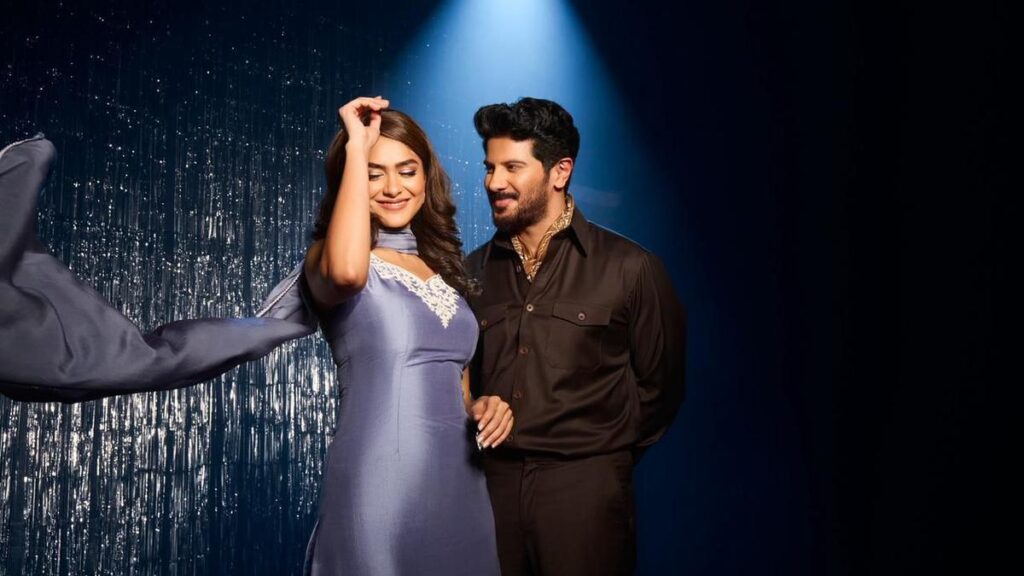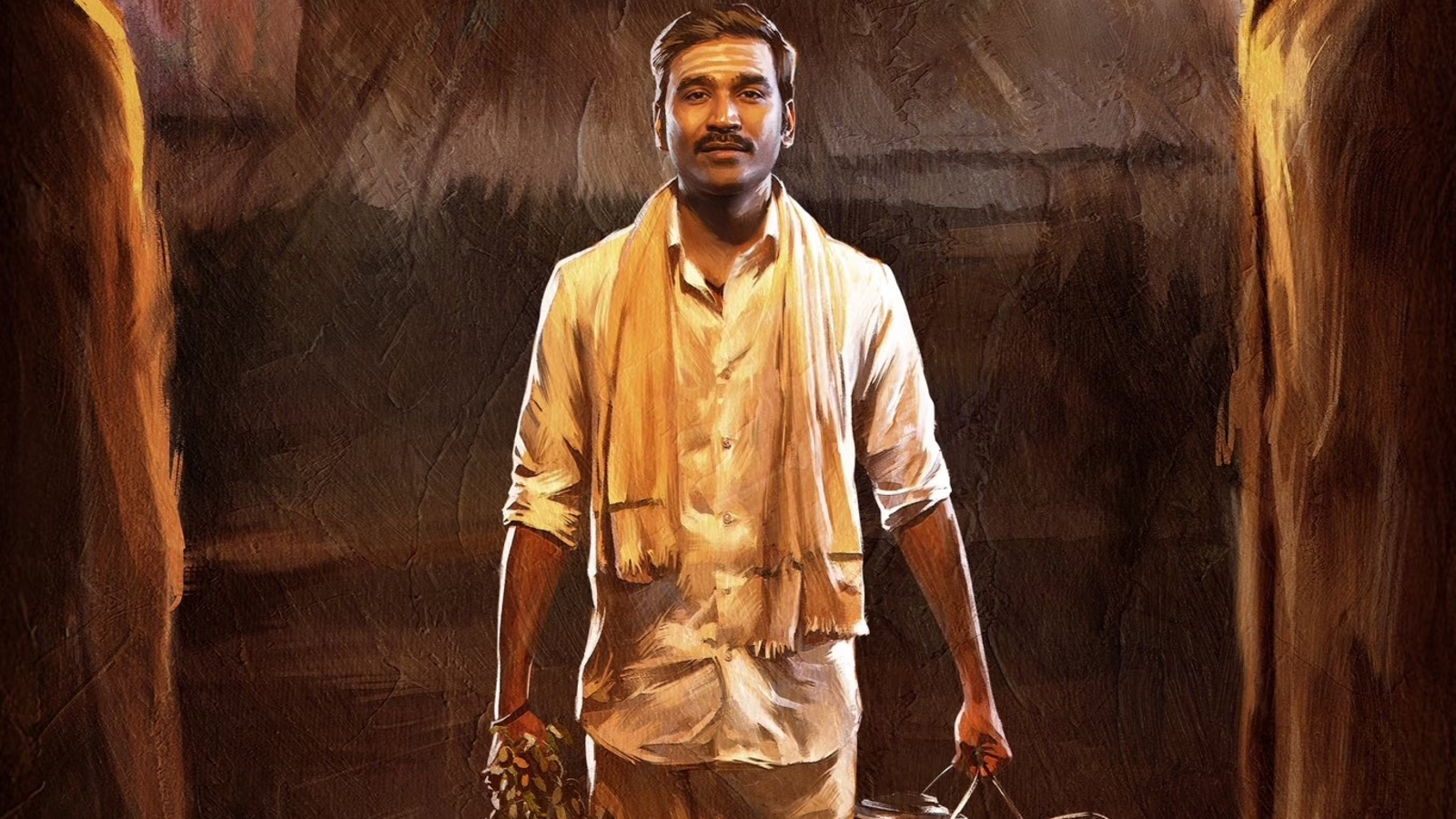Suriya at 50: A Retrospective Through the Lens of Jyotika’s 2004 Interview in The Hindu!

In 2004, Tamil cinema stood at a crossroads, evolving from its formulaic roots into a space where realism, emotional intensity, and character depth were beginning to matter more than ever, and right in the heart of that cinematic shift stood Suriya, a young actor still carving out his place in the industry, balancing the lingering shadows of his father Sivakumar’s legacy and the expectations that came with early stardom, and it was during this time that Jyotika, his frequent co-star and soon-to-be life partner, interviewed him for The Hindu, not just as a colleague or actress, but as someone who had witnessed his growth up close, both professionally and personally; their collaboration in Kaakha Kaakha had just redefined the romantic-action genre in Tamil cinema, and with Perazhagan releasing shortly after, they had cemented a chemistry that audiences were not only drawn to but deeply invested in and so, in the quiet of a Chennai studio during a brief break in shooting, Jyotika sat across from Suriya, not with scripted questions, but with sincere curiosity, asking him about the man behind the performances, the journey from being a reserved, unsure young man named Saravanan who once worked in a garment factory earning just ₹736 a month.

The charismatic performer audiences now embraced, and Suriya, characteristically modest and introspective, spoke not with the flamboyance of a star but with the measured confidence of an artist still learning, still evolving, recounting how the physical transformation for Kaakha Kaakha from a wiry frame to a disciplined physique was not just about aesthetics but about embodying the inner life of Anbuselvan, a police officer torn between duty and love, and how playing Chinna in Perazhagan, a physically challenged man with a heart of gold, required more emotional vulnerability than any role he’d done before, especially since he had to portray someone society often overlooks, and he shared how he had visited rehabilitation centers, spoken to individuals living with disabilities, and absorbed their spirit their humor, their pain, their resilience to bring authenticity to the role, and when Jyotika asked him how it felt to share screen space with her in both films, Suriya smiled, paused thoughtfully, and said that working with her had always elevated his performance because she had a way of listening in a scene, not just acting, which forced him to be more present, more honest, and though they didn’t yet speak openly of love, the warmth and mutual respect in that conversation was unmistakable, perhaps even foreshadowing the life they would build together, a life where art, family, and purpose would intertwine seamlessly, and when asked about fame, Suriya shrugged, saying he still felt like the outsider trying to prove himself, that he was grateful for every chance to explore new facets of himself through different characters, and that more than awards or applause, he yearned to create work that stayed with people, like the films of Kamal Haasan or Mohanlal, which left imprints on hearts long after the credits rolled, and Jyotika, who herself had navigated the highs and lows of the industry, nodded in understanding, steering the conversation to what success meant to him, to which Suriya replied that it wasn’t the box office, but the ability to grow as a person with each film.
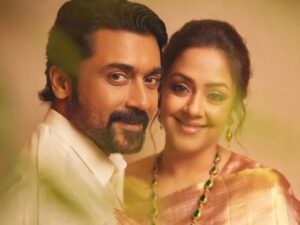
To make his parents proud, and to one day leave behind a body of work that could inspire and as their conversation drifted from cinema to personal dreams, Suriya opened up about his desire to give back to the community, speaking vaguely then of ideas that would later crystallize into the Agaram Foundation, an initiative he would go on to establish to provide quality education to underprivileged children in Tamil Nadu, rooted in his belief that true progress came from empowering the next generation, and even then, in 2004, it was clear that his vision extended far beyond cinema and when the interview ended, the crew around them resumed their tasks, unaware perhaps that they had just witnessed not only a rare moment of sincerity between two rising stars but the beginnings of a deeper bond that would come to define both their lives and now, two decades later, as Suriya turns 50, that conversation feels even more poignant, a snapshot of a man at the cusp of greatness, unaware perhaps of just how much he would go on to achieve: National Awards for acting in powerful films like Soorarai Pottru, global recognition for Jai Bhim, critical acclaim as a producer with Jyotika through their company 2D Entertainment, and a lasting legacy not just as an actor but as a human being driven by compassion and conscience, and the very ethos of that 2004 interview curiosity, humility, quiet strength continues to define him, with fans across the world celebrating his milestone birthday not with mere fandom but with heartfelt admiration for the boy who once doubted if he belonged, now standing tall as one of India’s most respected actors, and beside him still stands Jyotika, not just as a partner in life, but as the woman who first sat across from him with questions, seeking to understand the fire behind the calm, and perhaps even seeing, before anyone else did, the extraordinary life and legacy that would unfold from that quiet confidence.




